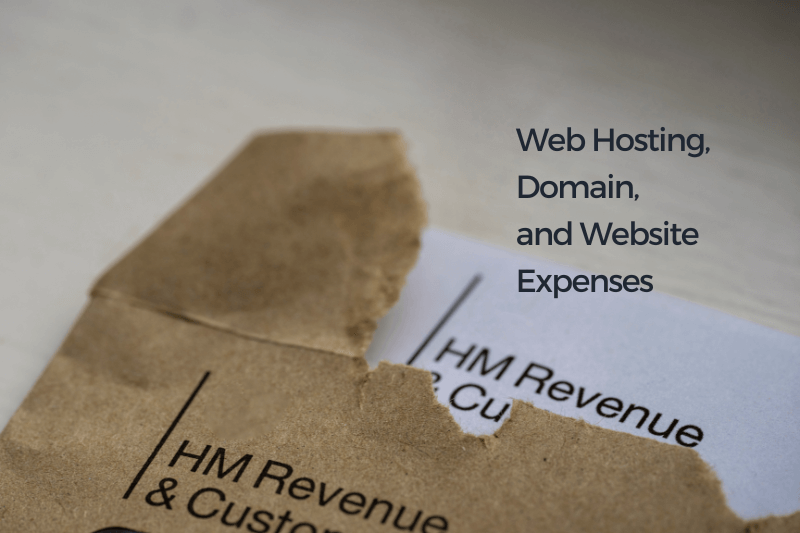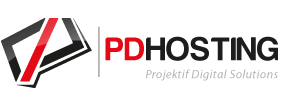
Introduction
The digital aspects of a business, such as web hosting, domain names, and websites, come with their own set of tax implications. While HMRC guidelines exist, they often require careful interpretation. This guide aims to demystify these complex tax rules, offering both clarity and practical tips for UK business owners.
Estimated reading time: 3 minutes
Table of contents
Capital vs Revenue Expenditure: What You Need to Know
Understanding how HMRC categorizes your digital expenses is essential for effective tax planning.
Capital Expenditure
Capital expenditures are long-term investments that have enduring benefits for your business:
- Hardware: Such as servers, computers, and related equipment.
- Domain Names: Your online brand identity.
- Infrastructure: Networking systems and other foundational technology.
- Website Functionality Software: E.g., Content Management Systems like WordPress.
Tax Implication: These costs may qualify for capital allowances, reducing your tax liability for the financial year.
Revenue Expenditure
Revenue expenditures are ongoing costs needed for the day-to-day operation of your website:
- Web Hosting: The cost for server space to host your website.
- Content Updates: Updates to blog posts, product listings, etc.
- Maintenance and Security: Including regular upkeep and security measures such as SSL certificates.
Tax Implication: These are often fully tax-deductible, reducing your taxable profit.
Capital Allowances and AIA: The Latest Guidelines
The AIA Amount
The Annual Investment Allowance (AIA) is currently set at £1 million. This limit is prorated if your accounting period is not exactly 12 months. For example, for a 9-month accounting period, the AIA would be 9/12 × £1,000,000 = £750,000.
When to Claim AIA
AIA can only be claimed in the period when you acquire the item. The acquisition date is determined by when you signed the contract if payment is due within less than 4 months, or when payment is due if it’s more than 4 months later.
Special Cases
If you exceed the AIA limit, you can claim writing down allowances on the excess amount. For assets used partially for non-business purposes, you’ll need to reduce your claim proportionally.
Best Practices for Maximizing Tax Benefits
Organize Your Records
Maintain detailed records of your capital and revenue expenditures for accurate tax filing.
Consult a Tax Advisor
Consulting a tax advisor during the planning stage of significant digital investments can provide valuable insights into tax-efficient strategies.
Leverage the AIA
Timing your capital expenditures to maximize the benefits of the AIA can be a strategic move for tax planning.
Conclusion
Understanding the complexities of tax implications for digital assets like web hosting, domain names, and websites is vital for the long-term success of any business. As a VAT-registered, UK-based company, PD Hosting is committed to offering services that align with the tax guidelines set forth by HMRC. For tailored advice specific to your situation, always consult your accountant or tax advisor.
Note: The content provided here is for informational purposes and should not be viewed as financial or tax advice. Consult your accountant or tax advisor for personalized guidance.

